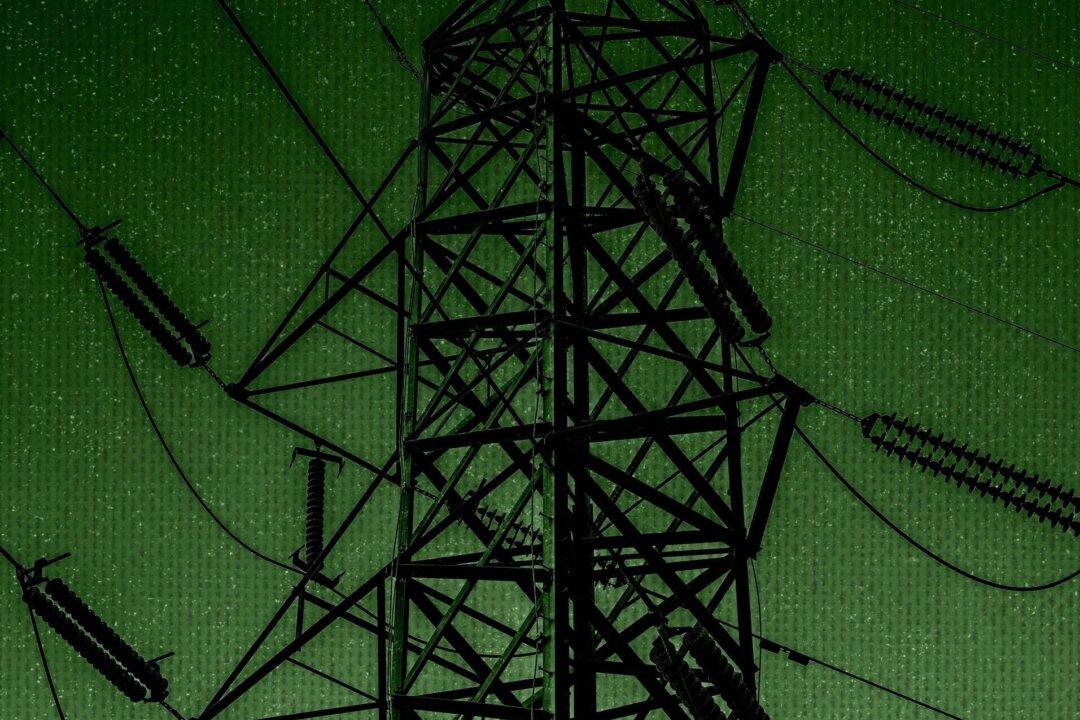For purveyors of climate alarm, emotional displays of intolerance are increasingly crowding out reasoned argument. But remember the adage, “hate hurts the hater more than the hated.”
Consider President Obama. At the White House Correspondents’ Dinner on April 25, 2015, the president used the lighthearted occasion to shout at those who doubt his climate-change narrative. “It is crazy! What about our kids? What kind of stupid, shortsighted irresponsible bull,” said the president before a comedian jokingly cut him off.
The current elephant in the room for climate alarmists is the “pause” or “hiatus” in global warming.
The current elephant in the room for climate alarmists is the 'pause' or 'hiatus' in global warming.





